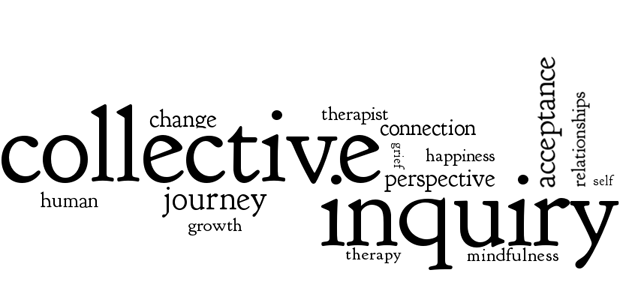

As I was driving to work the other day, I was lucky enough to catch an interview with Amity Gaige regarding her new book “Shroder.” The book revolves around a man who abducts his young daughter during a bitter custody battle, and it centers on the question of whether you have to be a “good person” in order to be a good parent.
The interviewer begins talking about some of the lines spoken by the young girl in the book. The young girl describes a soul as something that “holds the body up,” which caught my attention for the obvious yet shaded truth of it. I was caught off guard by the part of the interview in which the author admitted that some of the lines spoken by the young girl in the book were actually said by her own son.
Some of those lines only a child can say. I’ve lost touch with what it feels like to be a child and to be able to get into the frame of mind to say something like that. But they are lines that were said by a real child. And I do think in general children are so perceptive and they watch and they get so much and that’s wonderful. And it’s also difficult for them because they see so much but they don’t understand. – Amity Gaige
I was fascinated by how she spoke about the perception of children, as though it is something to be honored. Because it is. Children have an ability to be raw, honest, innocent, yet real at the same time. Naivety is not a weakness for them.
In working with families, I often see parents discount the experiences of their children as though they don’t understand. I’m willing to bet that theses children do understand, and they are just talking about it differently than you are. Children cannot always show us what they are thinking or feeling in ways that adults can understand.
A child who throws furniture and pushes other children is not necessarily a hateful child. More than likely, this child is sad, upset, disappointed, scared, hurt, ashamed, and many others emotions that are merely adult words that children often don’t understand yet. It is our job to help them understand those feelings and then provide a more positive outlet for expressing them. As family therapists, we work with children and parents so that both people can learn to speak the other’s language.
As a parent, aunt, uncle, grandparent, friend, neighbor… use the next few days to try to empathize with a child. Put yourself in a child’s shoes in order to see how they view the world. It might be not only a game-changer for your relationship with your child but also liberating for your own outlook on life.
Share your thoughts
No Thoughts About The Voice of a Child